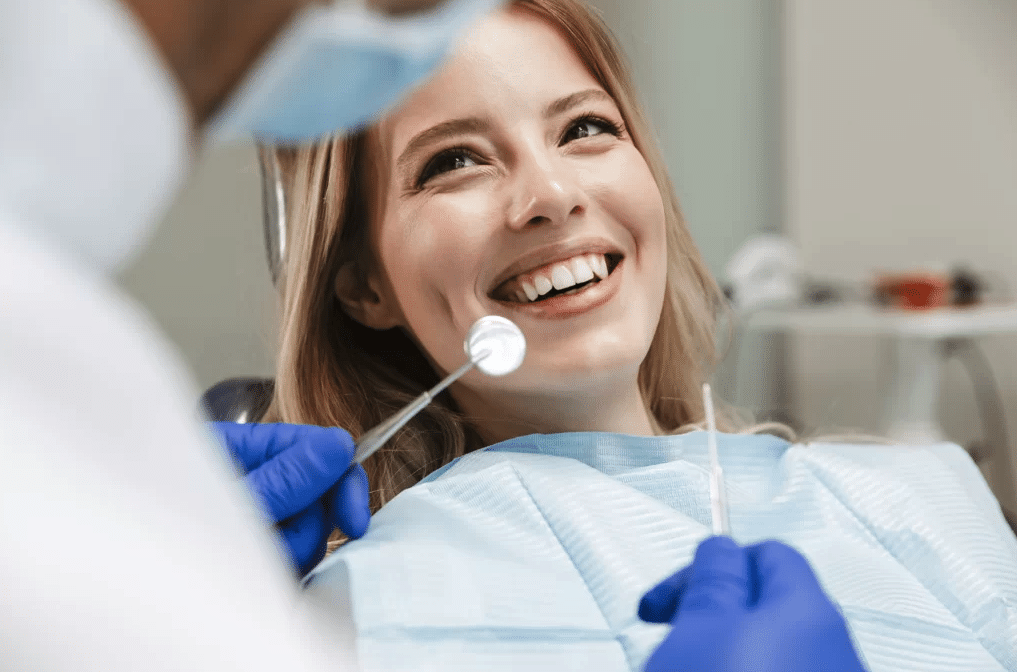
Image Source: Google
Biological dentistry, also known as holistic dentistry, is an emerging approach that focuses on the integration of oral health with the overall well-being of an individual. It recognizes that oral health is intricately linked to the rest of the body and that dental treatments can have a significant impact on a person's overall health. By considering the whole person instead of just the teeth and gums, biological dentistry seeks to provide a more comprehensive and holistic approach to dental care.
One of the key principles of biological dentistry is the use of biocompatible materials for dental treatments. Traditional dental materials often contain toxic substances such as mercury, which can have adverse effects on the body. Biological dentists prioritize the use of materials that are non-toxic and compatible with the body's natural systems. This includes the use of composite resin instead of mercury amalgam fillings and biocompatible materials for dental implants and prosthetics.
Another important aspect of biological dentistry is the consideration of the impact of dental infections on overall health. Chronic dental infections, such as gum disease and root canal infections, can release harmful bacteria and toxins into the bloodstream, potentially affecting various organs and systems in the body. Biological dentists emphasize the proper diagnosis and treatment of these infections to prevent their potential systemic effects.
Biological dentistry also promotes a minimally invasive approach to dental procedures. Rather than resorting to aggressive treatments, such as extractions and invasive surgeries, biological dentists focus on preserving and restoring the natural teeth and gums. This includes the use of ozone therapy, laser dentistry, and other non-invasive techniques to treat dental conditions and promote oral health.
In addition to the physical aspects of dental health, biological dentistry also recognizes the importance of emotional and mental well-being in maintaining optimal oral health. Stress, anxiety, and other emotional factors can contribute to dental problems such as teeth grinding and jaw disorders. Biological dentists often incorporate relaxation techniques, counseling, and other holistic approaches to address the emotional aspects of dental health.
Furthermore, biological dentistry takes into account the individual's lifestyle and dietary choices as crucial factors in dental health. A diet rich in nutrients and low in processed sugars and acidic foods can support healthy teeth and gums. Biological dentists may provide nutritional guidance and recommend dietary changes to support oral health.
Overall, biological dentistry offers a unique and holistic approach to dental health that considers the interconnectedness of the body and the impact of dental treatments on overall well-being. By using biocompatible materials, addressing dental infections, employing minimally invasive techniques, and addressing emotional and dietary factors, biological dentists strive to provide comprehensive and individualized care to their patients.
It is important to note that biological dentistry is still considered an emerging field, and not all dental professionals may follow its principles. If you are interested in exploring biological dentistry, it is recommended to seek out a qualified and experienced biological dentist who can provide the appropriate guidance and treatment options based on your individual needs and preferences.
